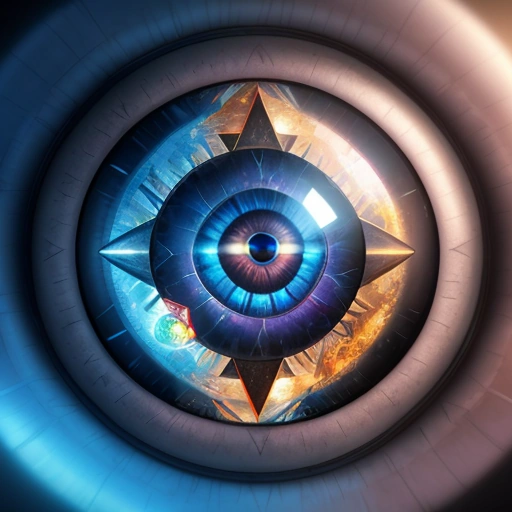At the end of the day, my hardware is not appropriate for SD, it works only through hacks like tiling in A1111. And while that's fine for my hobby experimenting, I would like other people, or even myself once I finally upgrade my desktop, to be able to recreate my images in better quality, as closely as possible (or even try and create variations).
I already make sure to keep the "PNG info" metadata which lists most parameters, so I assume the main variable left is the RNG source. Are any of the options hardware-independent? If not, are there any extensions which can create a hardware-independed random number source?


If you're talking about that VAE tiling feature or or Tiled Diffusion or whatever it's called, I think that it shows up in the text below the image in A1111, and I think that anything that shows up there is also stored in the generated image's comment metadata.
I don't normally use Tiled Diffusion, if that's what you're referring to, but let me see if I can go generate something with it and check.
checks
Yeah, text:
Tiled Diffusion: {"Method": "MultiDiffusion", "Tile tile width": 96, "Tile tile height": 96, "Tile Overlap": 48, "Tile batch size": 4},gets added to the text below the image and to the image metadata.That being said, I don't know how far I'd trust the image metadata for reproducibility if this is a hard requirement you're looking for. I have definitely seen various settings that mention that they induce non-deterministic behavior, and I'm not sure that all of those are encoded in the metadata. Also, while the version (and looks like git hash of built version) is encoded, I'm sure that not everyone is using the same version, and I don't know what compatibility is like across versions.
EDIT: For example, see the "Optimizations" here:
https://github.com/AUTOMATIC1111/stable-diffusion-webui/wiki/Optimizations
You have a bunch of A1111 command-line optimizations options that have descriptions like:
And those are not encoded in the image metadata, and that'll make a given output non-reproducible.